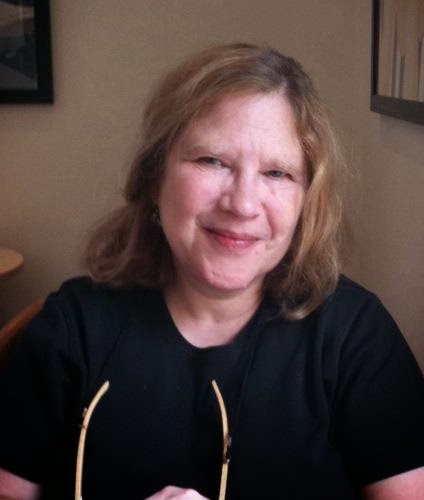The 2014 International Neuroethics Society Annual Meeting

By Mallory Bowers On November 14, the International Neuroethics Society convened for its annual meeting at the AAAS building in Washington, D.C. I had the pleasure of attending and presenting at INS through the generous support of the Emory Neuroethics Program. The society is an interdisciplinary group of scholars - including lawyers, clinicians, researchers, and policy makers - and the 2014 agenda reflected this diversity in expertise. The conference opened with a short talk by Chaka Fattah, the U.S. representative for Pennsylvania’s 2nd congressional district. As a Philadelphia native, I was excited to learn that Congressman Fattah was an architect of the Fattah Neuroscience Initiative , which was an impetus for developing the Brain Research through Advancing Innovative Neurotechnologies (BRAIN) Initiative. Courtesy of Gillian Hue Discussion of the BRAIN initiative continued through the following panels, “The BRAIN Initiative & the Human Brain Project: an Ethical Focus” and “The

